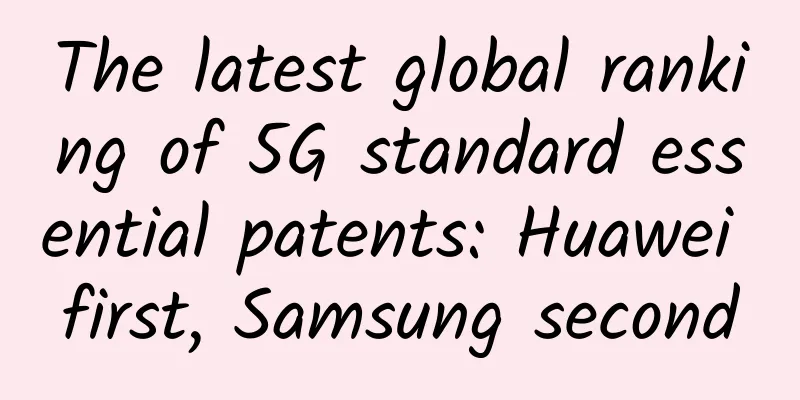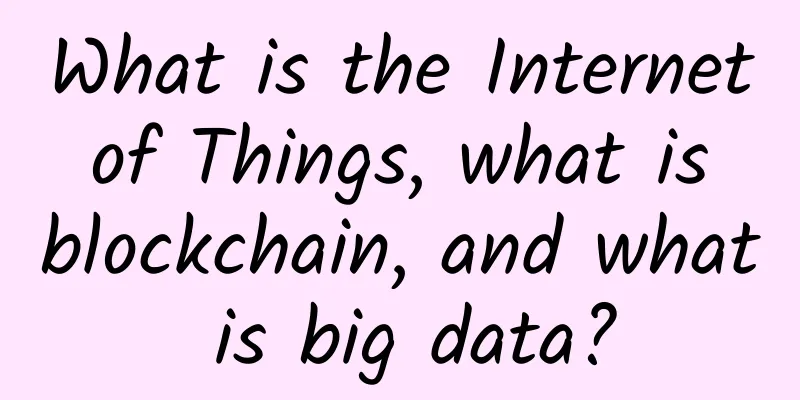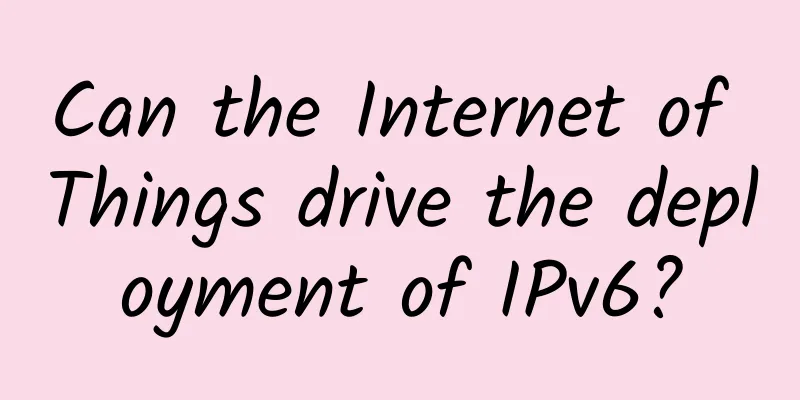User complaints have dropped significantly, so why can’t operators smile?

|
This article is reprinted from the WeChat public account "Northern Knights", written by Ma Jihua. Please contact the Northern Knights public account to reprint this article. On June 3, the Ministry of Industry and Information Technology recently issued the Notice on Telecom Service Quality in the First Quarter of 2021 (No. 2 of 2021). In the first quarter, telecom user complaint acceptance agencies at all levels accepted 28,784 complaints from telecom users, a decrease of 0.9% month-on-month and 21.0% year-on-year. Among them, user service complaints accounted for 54.8%, fee dispute complaints accounted for 28.1%, and network quality complaints accounted for 17.1%. In terms of spam complaints, in the first quarter, the 12321 Network Badness and Spam Information Reporting and Acceptance Center received 62,042 complaints about nuisance calls, a decrease of 53.5% from the previous quarter, and 29,057 complaints about spam text messages, a decrease of 21.7% from the previous quarter. In terms of complaints about bad mobile phone applications, the 12321 reception center received a total of 42,122 valid reports of bad mobile phone applications, a decrease of 12.48% month-on-month and 2.48% year-on-year. Regarding complaints about malicious text message bombing, the 12321 reception center received 18,708 complaints from users about malicious text message bombing, a decrease of 25.6% month-on-month. Previously, the Ministry of Industry and Information Technology released a notice on the quality of telecommunications services in the fourth quarter of 2020. Data showed that telecommunications complaint acceptance agencies at all levels accepted 29,052 complaints from telecommunications users, a decrease of 12.8% month-on-month and 41.6% year-on-year. You read it right. The above complaint indicators that are closely related to operators are all declining, which means that the services of China Mobile, China Unicom and China Telecom are getting better and better, or at least there are fewer and fewer complaints. On the contrary, we see that in terms of Internet information service complaints, the Internet Information Service Complaint Platform received a total of 21,053 complaints from Internet users, a month-on-month increase of 10.5%. On the one hand, there are fewer complaints about operators, while on the other hand, there are more complaints about Internet companies. Will this really make operators happy? From the financial reports, in general, the key financial indicators of the three operators are all increasing in operating income and net profit. Among them, China Mobile's revenue increased by 9.5% year-on-year, and its net profit increased by 2.3% year-on-year. China Telecom's revenue increased by 12.7% year-on-year, and its net profit increased by 10.6% year-on-year. China Unicom's revenue increased by 11.4% year-on-year, and its net profit increased by 21.3% year-on-year. During the same period, the average revenue of the five major Internet companies, Alibaba, JD.com, Pinduoduo, Tencent and Meituan, increased by 92.95% year-on-year. Excluding the impact of the fine, Alibaba's operating profit in the first quarter increased by 48% year-on-year. Tencent's profit in the first quarter was 47.7 billion, which dwarfed Kweichow Moutai's 13.9 billion and exceeded the profits of the three operators combined. In general, the overall profits of Internet companies have increased by more than 20%. Compared with Internet companies, there is a large gap in performance between operators. However, the increase in complaints about Internet companies with rapidly growing businesses is an indicator of "prosperity", while the decrease in complaints about operators is not gratifying. Complaints are sometimes a happy trouble. When a company or an industry has many complaints or when the number of complaints increases, it means that it is in the first echelon of social and user attention and is also in a rising period. On the contrary, when a company or industry withdraws from the user's field of vision or loses more and more user interfaces, complaints will naturally decrease. The operators have done their best to strengthen service management and improve service quality, which is also one of the reasons for the reduction in complaints. However, in recent years, operators have no longer appeared in the 315 Gala, and user complaints from operators have dropped significantly, but this obviously cannot be fully explained by the improvement in service levels. As we enter the 5G era, operators' thinking is also changing. They are beginning to pay more attention to the cultivation of their own businesses and applications, actively developing new channel capabilities, and adopting more aggressive marketing methods. These changes may cause an increase in customer complaints in the future. However, if this happens, it will prove that the operator industry is truly recovering. |
>>: Protocol-Oriented Programming and Cocoa (Part 2)
Recommend
Novos: €8/month KVM-2GB/40G NVMe+1TB/25TB/Belgium
According to information from LEB, Novos.be is a ...
ZJI launches Hong Kong Huawei Cloud CN2 server: 450 yuan/month E5-2630L, 16G memory, 480G SSD, 5M CN2 line
ZJI has launched a new machine again, this time i...
80VPS: US 8C cluster server monthly payment starts from 800 yuan, Hong Kong 8C cluster server monthly payment starts from 1000 yuan
Recently, some readers asked about cluster server...
Amazing, TCP/IP service protocol, network topology summary
Network topology (Tpology) Topology refers to the...
RAKsmart Los Angeles CU9929 line VPS simple test
Last month, the blog shared that RAKsmart Los Ang...
2017 Huawei Ecosystem Partner Conference: Broadband and Narrowband Integration, Wireless IoT
[51CTO.com original article] The Internet of Thin...
More secure: Windows 10 will block installation of uncertified drivers
With the October 2020 Patch Tuesday cumulative up...
Do you understand these IPv6 issues?
[[348221]] 1. We are currently using IPv4 network...
5G is coming, these 10 common things will disappear in the future
Hello everyone, I am a senior. Recently, you may ...
Qianxinan Prefecture: Green "optical" network, a new style of government office
On a normal working day, sunlight shines through ...
What is the difference between unmanaged and managed industrial network switches?
There are two basic types of industrial network s...
Selection of the most influential events in the communications industry in 2020
Looking back at the year 2020, there are many eve...
Ethernet Technology Alliance announces completion of 800Gb Ethernet specification
The 800Gb Ethernet specification doubles the top ...
I would like to say a few more words about this communication failure...
These days, everyone is paying attention to the ...
China Mobile's elimination of fake 5G users may be the reason for the slowdown in 5G user growth
Due to pressure from all sides, the three major o...









